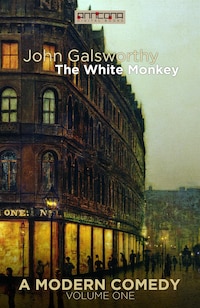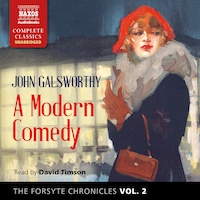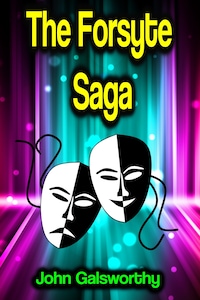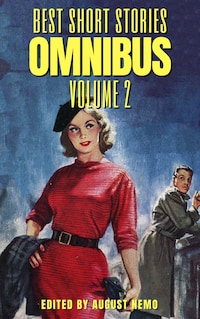Justice
Description of book
In 'Justice,' John Galsworthy deftly tackles the complexities of the British legal system in the early 20th century while exploring profound ethical dilemmas. The play is a cornerstone of social critique, presented through a naturalistic lens that encapsulates the struggles of characters caught in a web of legal and moral intricacies. Galsworthy's dialogue is sharp and poignant, capturing the visceral emotions of his characters as they navigate themes of guilt, innocence, and societal injustice. The work engages with the broader literary context of social realism, mirroring contemporary concerns about class divisions and the role of the judiciary in a rapidly industrializing society. John Galsworthy, an eminent English novelist and playwright, drew from his own experiences and observations within the legal profession to illuminate the flaws and contradictions inherent in the justice system. His progressive views on social reform were influenced by personal encounters with injustice, prompting him to use his literary prowess to advocate for change. Galsworthy's passionate commitment to social issues yielded a body of work that resonates with audiences seeking meaningful dialogue regarding morality and mankind's imperfections. 'Justice' is essential reading for those interested in the intersections of law, ethics, and literature. Galsworthy's exploration of the human condition, underpinned by his legal insights, invites readers to reflect critically on their own beliefs about justice. This powerful play remains an evocative and relevant examination of societal values and the innate struggles for fairness within institutional frameworks.
The book Justice and over 1 million other books
from €8.99/month
Fill your life with stories






















































